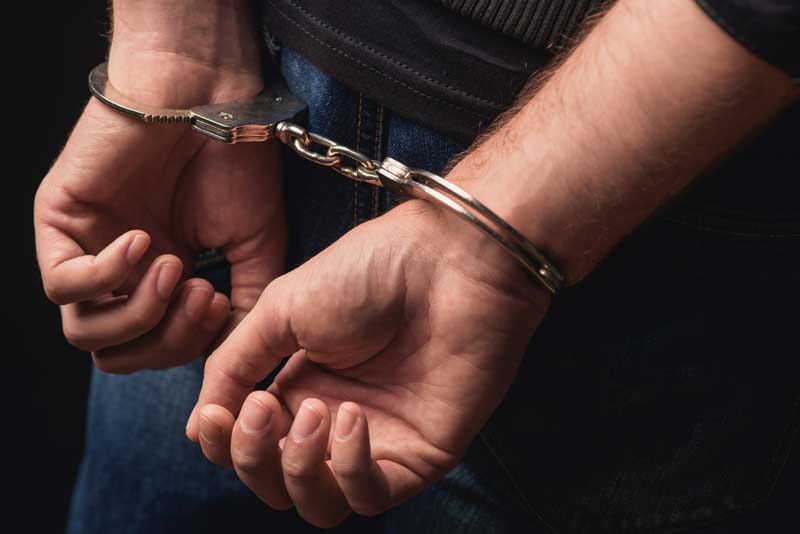
What to Do and Not to Do After Being Arrested
Hopefully you are never arrested on criminal charges. However, good people sometimes make mistakes, and people are wrongfully arrested without having committed a crime every day. For these reasons, it’s important that you know what to do and what not to do if you should ever happen to be arrested. Follow the advice below to reduce the chances of additional charges or an overly complicated case.
Do: Remain Calm and Cooperative
If you fight against the police, either verbally or physically, you can be charged with resisting arreston top of the charges that have already been brought against you.
Judges are less likely to be lenient towards individuals who have been charged with resisting arrest. Police officers are also more likely to use excessive force if your actions anger them or cause them to believe you may be dangerous.
Even if you are innocent, it is best to calmly obey the police officer and allow them to arrest you. You and your lawyer can work together to prove your innocence later. The proof needs to be presented to a judge, not the police officer.
Do: Seek Medical Attention for any Injuries
The Civil Rights Act protects you against police misconduct. Police are only allowed to use reasonable and necessary force when arresting you, and force in excess of that which is reasonable and necessary is considered misconduct. If a police officer uses excessive force, resulting in an injury during arrest, you can file a personal injury claim for the damages.
Filing a personal injury case against a police officer is not easy, however. To succeed, you need, first and foremost, proof of the injury and the damage it has caused. Seek medical treatment as soon as possible following your arrest-related injuries. A medical diagnosis and paper trail of medical records makes your case much easier to pursue.
Do: Make Note of the Officer and Car Information
When you are being arrested, make note of the officer’s name, any number on the car, and any other identifying details you may notice. Provide your lawyer with this information when you speak with him or her. If any details you provide do not match up with those on the official report, this could help build your case.
Don’t: Answer Any Questions Without Your Lawyer
As you always hear on crime TV shows, you have a right to remain silent following arrest. Anything you say to the officer can be used against you in court, in ways that might surprise you.
Do not answer any of the officer’s questions, and do not even comment to the officer about your arrest without a lawyer present. If the officer tries pressuring you into answering questions, just say “I am invoking my right to remain silent.”
Don’t: Discuss the Arrest Incident With Others
Following your arrest, do not share the details of the incident with anyone, including cell mates, your family members, friends, and police officers. Do not post anything about the incident on social media sites, either. Comments you make on the case may be taken out of context and used against you.
The only person you should be speaking to about your arrest is your lawyer. He or she can tell you which details are safe to share with family members or close friends and which you absolutely should not share.
If you are arrested, it is vital that you adhere to the guidelines above. Also make sure you have the number of an experienced criminal lawyer on hand so that you know who to call. Edwin F. Brooks, Attorney at Law specializes in criminal, traffic, and personal injury cases. Contact our offices if you are seeking competent, assertive representation.

Leave a Reply